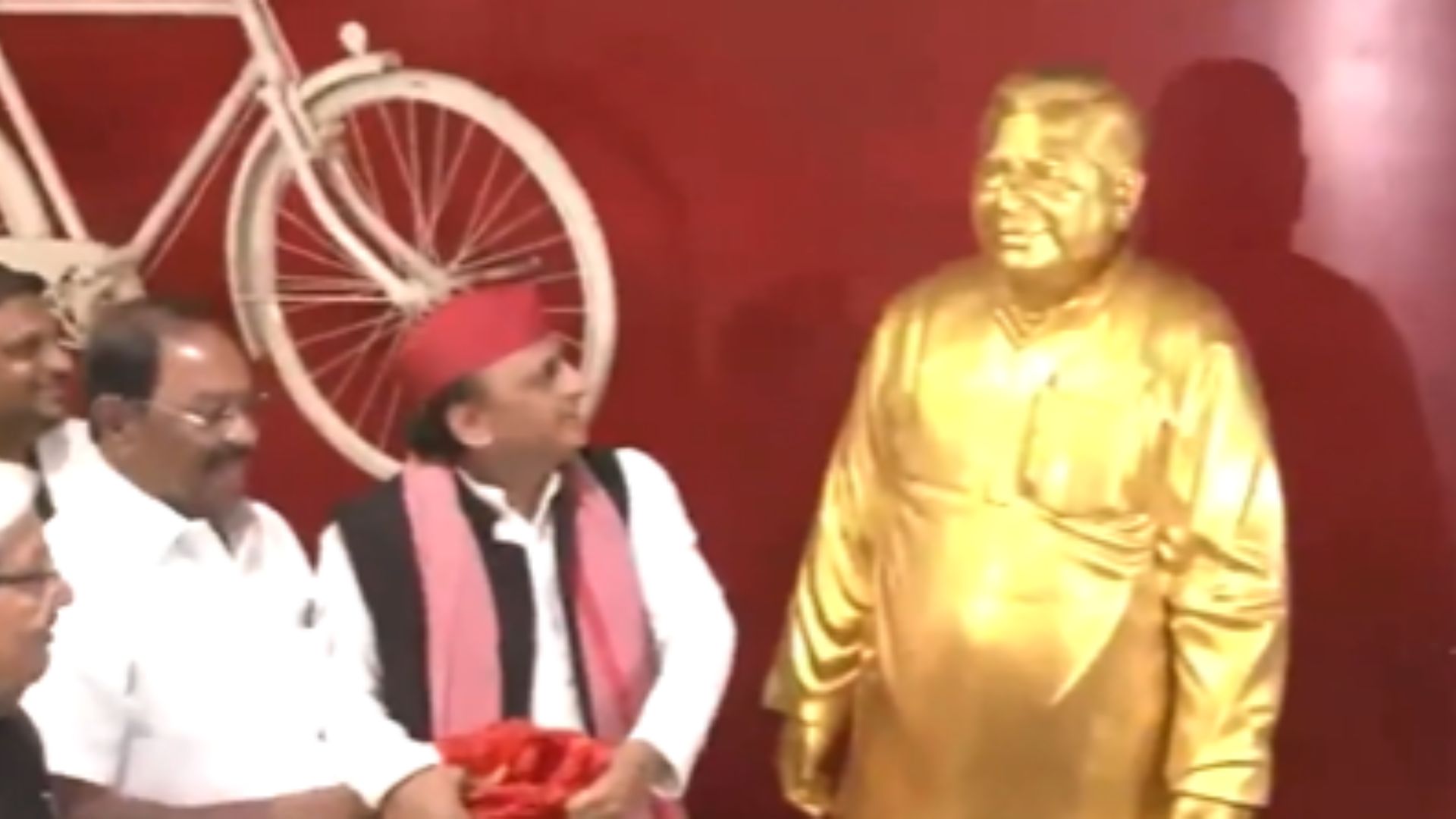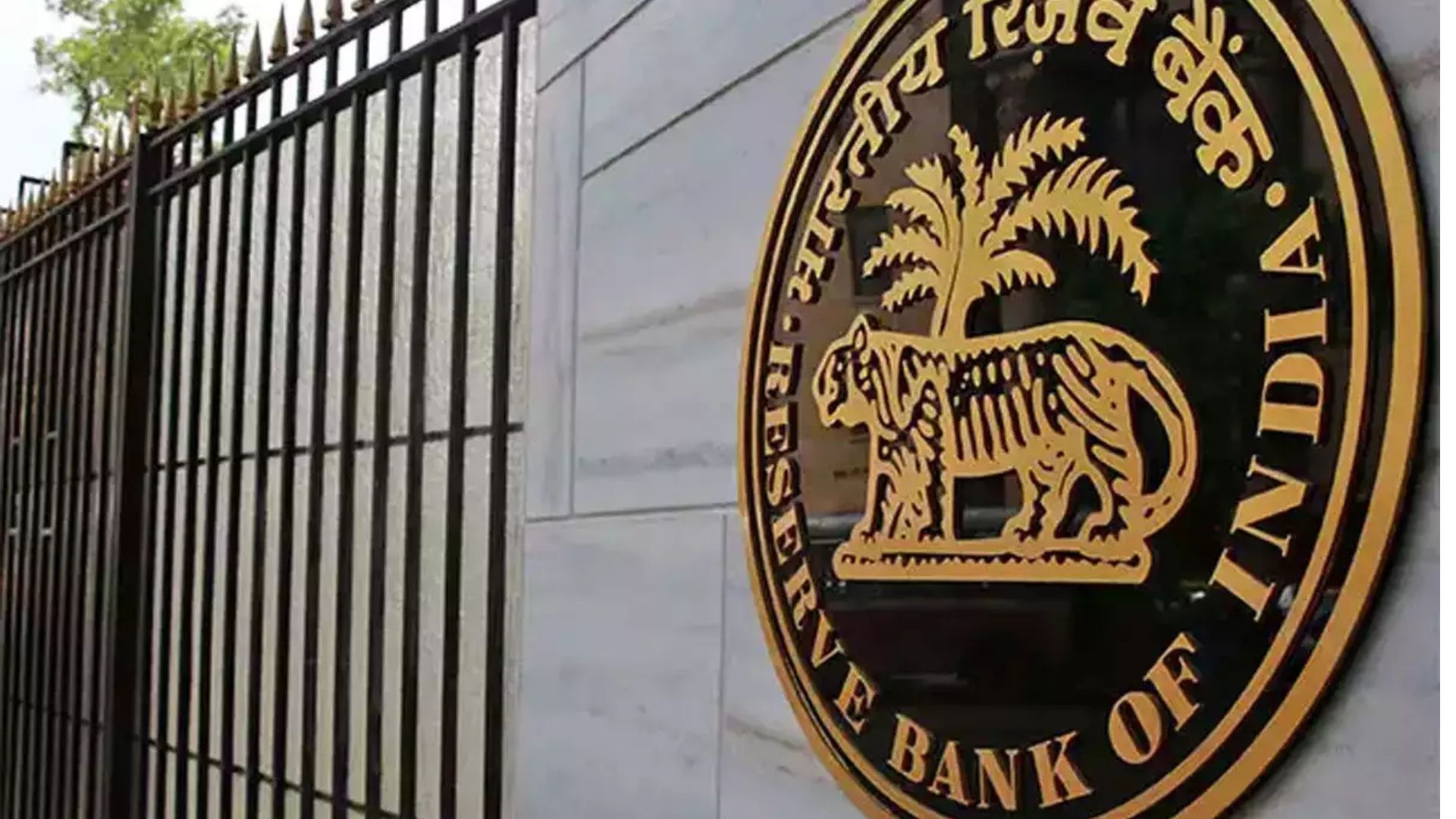
Lieutenant Governor VK Saxena has taken a major step to eliminate corruption and ensure transparency in government projects and procurement process. Under this, the Lieutenant governor has made the Integrity Pact mandatory between the government and the vendor at the time of tender related to government procurement.
• Under the new rule, Integrity Pact will be mandatory in all government schemes or purchases above Rs 10 crores. If this pact is violated by any vendor, he will be declared ineligible to participate in the tender process and punitive action will also be taken against him.
All departments, autonomous bodies and civic agencies under the Delhi government, henceforth, contractors and vendors tendering for projects worth more than Rs 10 crores will compulsorily sign an Integrity Pact with the government.Under this pact, the person/officer of both the parties including the bidding contractors will have to undertake that they will not indulge in corruption in any manner, under any circumstances. Independent External Monitors (IEMs) will also be appointed to investigate any issues related to the execution of the contract. The tender document will also name the IEMs who will be selected from the panel of CVC or those appointed by government agencies.
Lieutenant Governor of Delhi V.K. Saxena, while approving a proposal to this effect, has directed that this rule should be followed in letter and spirit in any case. The LG has also underlined the fact that as per the recommendations of the Central Vigilance Commission (CVC), provisions for the Integrity Pact and appointment of IEMs were to be made in 2007 itself,While some departments and agencies of the Delhi government started following these guidelines only after 10 years, from 2017. He also regretted the fact that even after 2017, none of the important departments like PWD and MCD adopted the Integrity Pact and IEM process. Not only this, the departments submitted a report stating that the erstwhile threshold limit of Rs 50 crores did not apply to their projects and purchases. Putting an end to all these processes, the Lieutenant Governor has accordingly reduced the limit to Rs 10 crores in the new proposal approved to ensure transparency in government contracting.
Integrity Pact is essentially an agreement between the prospective sellers/bidders and the buyer, which commits the persons/officers of both the parties not to resort to any corrupt practices in any aspect/stage of the contract. Under the agreement, the same vendor/bidder will be considered competent to participate in the contracting process along with the buyer who will sign the Integrity Pact. In other words, signing this pact would be a pre-qualification for any vendor.
Any breach of the Integrity Pact under the provisions of the extant GFR, 2017, Prevention of Corruption Act, 1988 and other financial rules/guidelines will lead to disqualification of the bidders from the contract and also debarment from other business dealings in future. If it will go, these things may apply to the concerned organization.
The time period of the Integrity Pact in respect of any particular contract shall be valid from the date of signing of the pact by both the parties till the date of completion of the contract. After award of work, the IEM will deal with any issues related to the execution of the contract, if any.For example, if a contractor has been awarded a job and there is a delay in payment during the execution of the job, he can take up the matter with the IEM. This will be scrutinized by a panel of IEMs. In order to bring transparency, equity and fairness in the procurement system, IEMs may suggest systemic improvements in the management of the organization concerned, if considered necessary.
The Lieutenant Governor has sent his note to the Chief Secretary that necessary guidelines should be issued for the adoption of Integrity Pact and appointment of IEMs in all projects/purchases above Rs 10 crores. These guidelines may be framed in such a way so as to scrupulously follow the spirit of the CVC circular.















